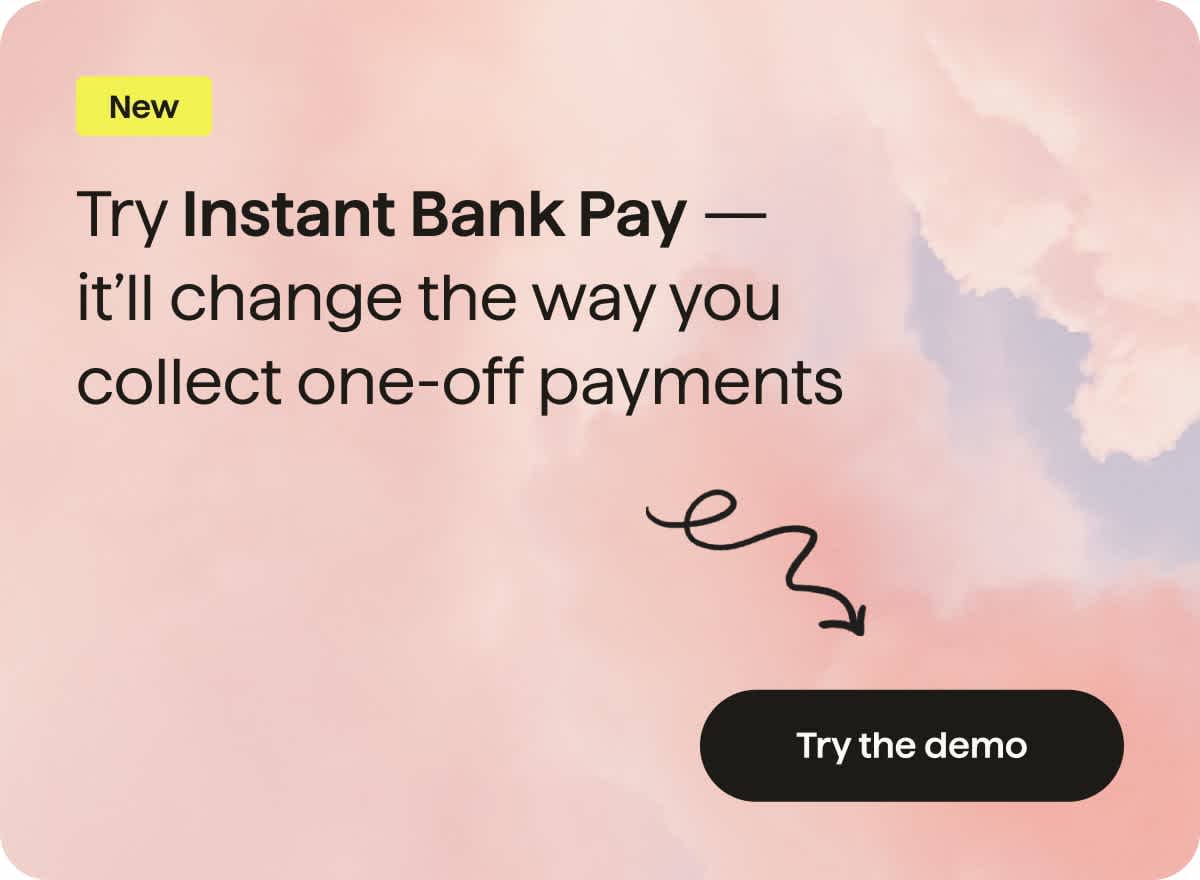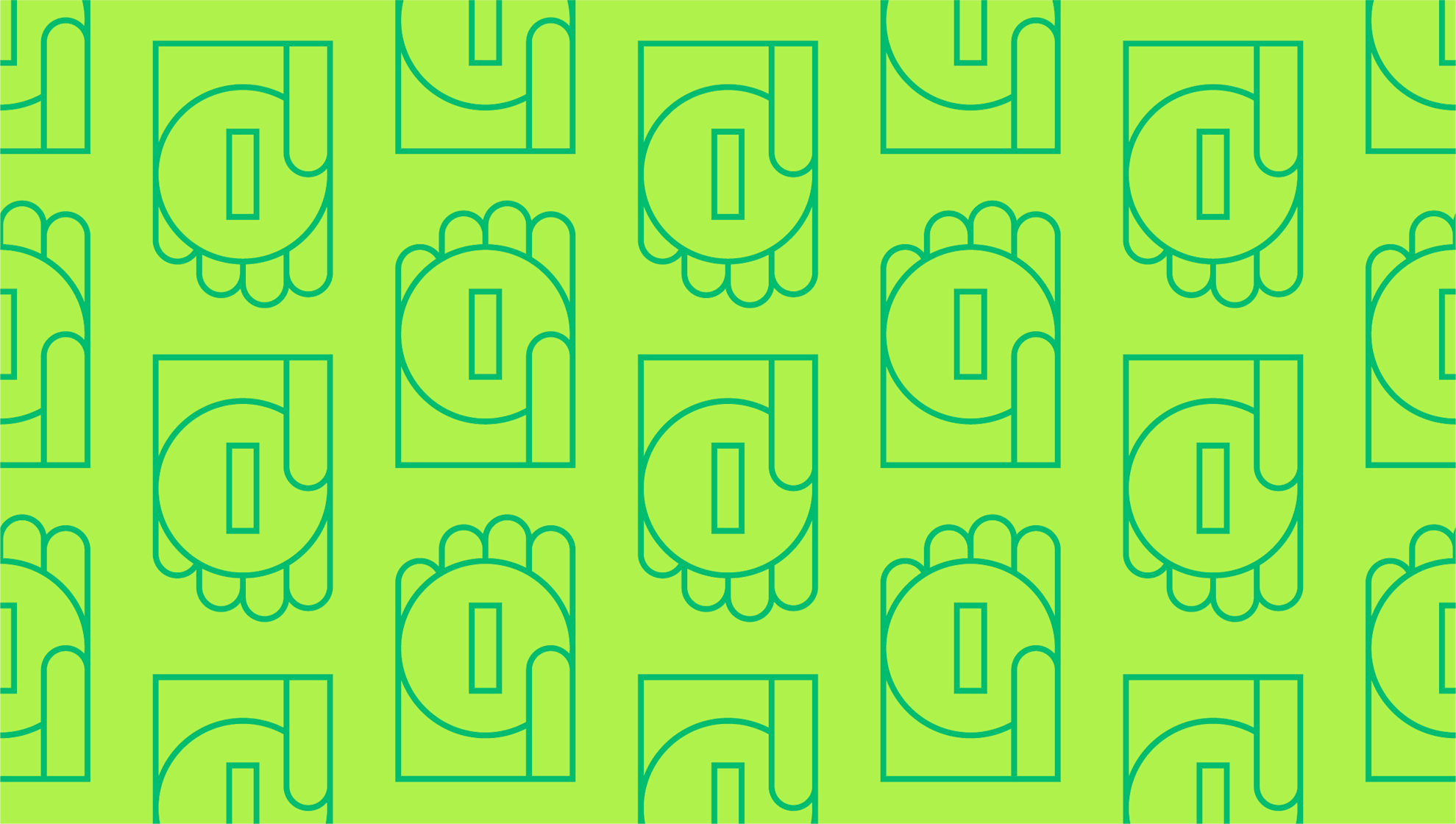Last editedDec 20212 min read
When they work well, relationships between businesses and freelancers can be highly beneficial for both parties. Freelancers are an extremely useful resource for SMEs. They’re highly motivated, extremely flexible, and very cost-efficient without the overheads and obligations that come with recruiting new staff. Freelancers, on the other hand, enjoy the freedom to choose their own working hours, the clients they work with, and the type and volume of work that they take on.
For this relationship to be harmonious, however, the potentially thorny subject of payment needs to be broached.
Perhaps you’re a fledgling freelancer who’s unsure of what repayment terms to include in your invoices. Perhaps you’re a small business that’s very aware of its cash flow, but wants to ensure that it remains on good terms with its freelance subcontractors. Either way, we hope you’ll find our guide to freelancer payment terms useful.
What are freelancer payment terms and why are they important?
Freelancer payment terms are the terms under which payment is made by the company to the freelancer. The freelancer will usually set these payment terms out in their quotes and invoices. However, the company may also include payment terms in their contract.
There may be some negotiation on payment terms before work commences, but both parties must agree upon payment terms before the working relationship begins.
This can prevent disputes in the future.
As well as a timeframe for payment, terms may also include conditions for late payment, discounts for high-volume clients, and how the freelancer would like to be paid. When working with international clients, freelancers may also include their preferred currency as part of their payment terms to ensure that losses due to exchange rates are mitigated.
Establishing payment terms with freelancers
Ambiguity can sour relationships between freelancers and clients. A missed detail here and a misunderstanding there can potentially cut a lucrative partnership short. As such, it’s important for both parties to be clear and comprehensive when establishing payment terms.
As such, the following should be included in any quotes provided, contracts that are drawn up and invoices that are sent:
Payment due date — Due dates are typically 30 days after the date of invoices, although some freelancers request payment within 15 or even 7 days.
Late payment terms — Will clients face monetary penalties like interest charges or late fees if they miss the payment due date?
Payment methods and currency — How would the freelancer prefer to be paid? By bank transfer, cash, cheque, or through a third-party payment provider like Paypal? Freelancers may also specify a preferred currency.
Discounts �— Discounted rates should also be clearly established in contracts, quotes and invoices.
Deposits — If a deposit is required, this requires its own due date, as well as establishing whether or not it is refundable.
Getting paid on time
Both freelancers and the companies that use them need to be cognizant of cash flow. Freelancers, especially nascent ones, may feel uncomfortable in pursuing payments. Even if they’re late. But for freelancers to manage their cash flow effectively they need to be insistent, consistent and persistent.
Here are some tips for consistently prompt payment:
Ensure that full payment terms are included in quotes and contracts as well as invoices.
Use automated email reminders when a payment due date is close.
Be consistent when enforcing penalties for late payment. Nobody wants to risk alienating a client, but there’s no point in establishing payment terms unless you’re willing to enforce them.
We can help
If you’re interested in finding out more about payment terms for freelancers, vendors or anyone else in your supply chain, then get in touch with our financial experts. Discover how GoCardless can help you with ad hoc payments or recurring payments.





